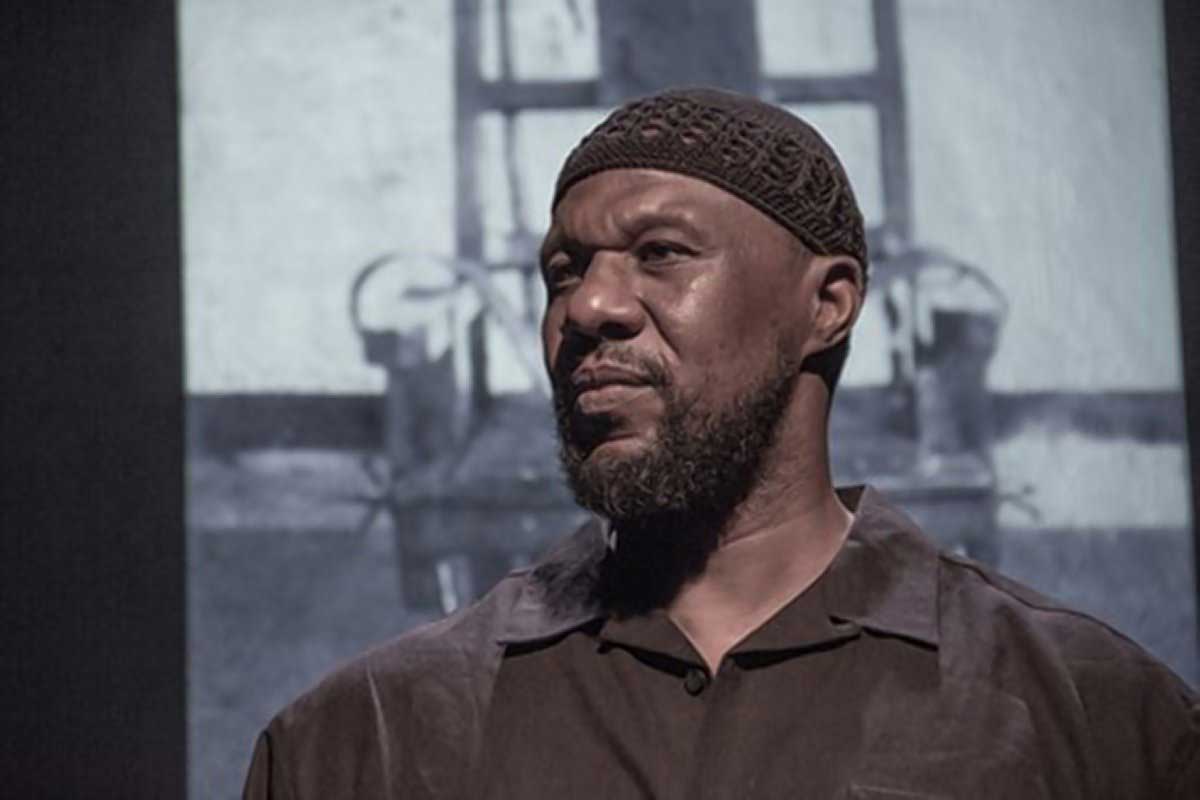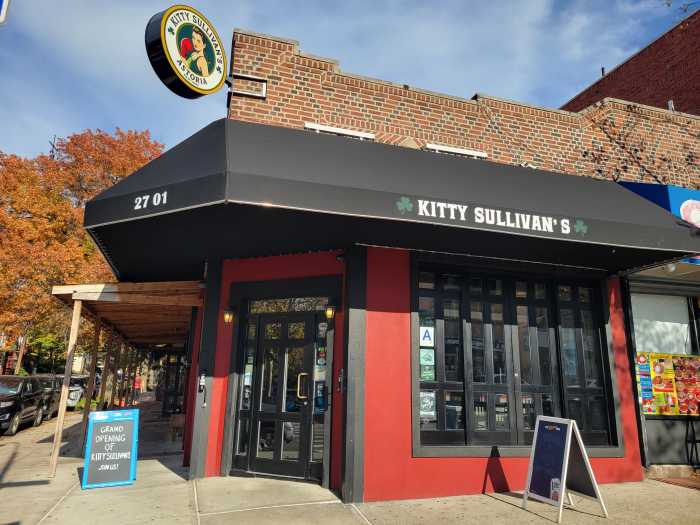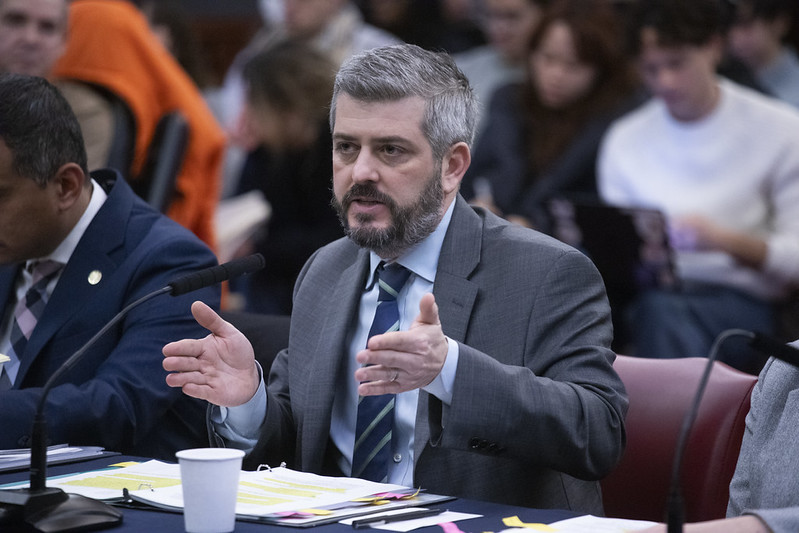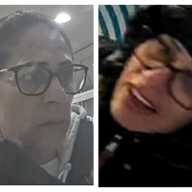By Tammy Scileppi
Seems as if Lady Justice was off duty for a while when a surprising number of innocent people got death sentences for crimes they didn’t commit over the past few decades.
While some have been exonerated, thanks to saving graces, like last-minute pardons, or after DNA evidence proved they weren’t involved in those crimes – sometimes after serving 20-plus years in prison – others weren’t so lucky.
An unsettling, hard-hitting documentary play, which just completed its successful ten-show run at Long Island City’s Secret Theatre, “The Exonerated,” which ran for 10 performances from May 31 to June 9 at the Secret Theatre, located at 44-02 23rd St. in Long Island City, recounted the riveting stories of six former death row inmates (played by rising local actors) using their own words, from court transcripts, interviews and letters.
Though these five men and one woman were convicted and sentenced to death for crimes they did not commit, some were nowhere near the scenes of the crimes, while others were connected to the victims by the thinnest of threads. There were also those who claimed they were pressured to falsely admit guilt during grueling police interviews.
Between them, these folks spent over one hundred years on death row before the criminal justice system finally corrected its mistakes and exonerated them, a fact that should scare every ordinary citizen.
The setting of the play was devoid of props, save for six chairs lined up against a stark backdrop: the disturbing image of a vintage electric chair screened on a wall opposite the actors – who would alternately sit facing it or get up to tell mind-boggling tales – the play exposed shocking police and prosecutorial misconduct in each case, which led to the conviction of innocent people.
Issues of race, law enforcement and the death penalty were brought to the fore, but there were occasional moments of humor to lighten things up.
For the play’s intro, you could hear a recording of death row inmates’ names read aloud, over and over, while later on, bursts of violence and a few gunshots enhanced the reality factor.
Featuring an exceptionally strong cast led by director DeMone Seraphin, “The Exonerated” seemed to possess an unmistakable power, one which pulled at your social justice heartstrings while shedding light on a series of serious miscarriages of justice.
If you’ve seen Alfred Hitchcock’s 1956 film “The Wrong Man,” you can understand the devastating effect being wrongly accused of a crime you didn’t commit, can have on the accused and their families.
That’s what Sunny Jacobs, a mother of two, must have felt when she found herself behind bars.
“So, I’ll just give you a moment to reflect,” she saidof her unbearable time in prison. “From 1976 to 1992, just remove that entire chunk from your life, and that’s what happened.”
Perhaps it was her unwavering belief that she would be released (despite the execution of her husband, who was also innocent, for the same crime) that kept her from losing all hope and her sanity.
The audience sat silently, listening to the words of those who emerged from death row… definitely not unscathed, but somehow at peace now that their painful journey was over.
How do you keep the faith in the bleakest of situations when all seems lost? When freedom is stripped away along with your self-respect?
“The wrongful imprisonment and promise of execution of the innocent is a cancer on our culture and our justice system that is very often steeped in racism, classism, and greed,” said Seraphin. “By lifting our voices, sharing our gifts, and telling these stories, it is my hope to add to the fire that demands the reformation of a fractured system and reparations to the countless lives and families that have been devastated by the practice. We gather not just to do a play, but to be the conduits of social justice and liberation.”
Created by Jessica Blank and Erik Jensen, the play was first performed in Los Angeles in April 2002, and was directed by the playwrights. It premiered in New York City in October of that year, at 45 Bleecker Theater, and was first published in 2004.
While crying out for social justice and prison reform, Delbert Tibbs, a black radical and poet from Chicago, spoke of his death row experience with anger and bitterness.
Then there was Texan Kerry Max Cook, a man whom “Texas killed a thousand times, and just keeps on doing it” — in his nightmares — was convicted of murdering a young woman even though she was found with another man’s hair grasped in her fist.
“I finally volunteered to give what they call a ‘vision statement’ — a hypothetical account of what I would have done if I had killed my parents,” recalled former inmate Gary Gauger, who was told during 12 hours of nonstop questioning by police that it could help jog memories of where he was on the day of the murders.
Exhausted, Gauger agreed to give the statement, all the while denying his involvement. That version was then used by the police as his confession. Two other men were found guilty of the crime, years later.
That scenario should sound familiar to true crime devotees.
“I produced this play because it features incredible stories — well told — with incredible actors,” said Richard Mazda, Secret Theatre’s founder and artistic director. “I feel that this is a most relevant play because we still have a justice system that is skewed and distorted. In an era when police brutality has brought about new movements like Black Lives Matter, this play shows us the dehumanizing process that can begin with a wrongful arrest and can lead to a horrendous miscarriage of justice.”
Okay, so you may have guessed that this intense theatrical work wasn’t your feel-good, laugh a minute comedy or fluffy musical. Sometimes, it’s important to switch things up and take in something that’s thought-proving, which leaves a lasting impression on your soul.




































